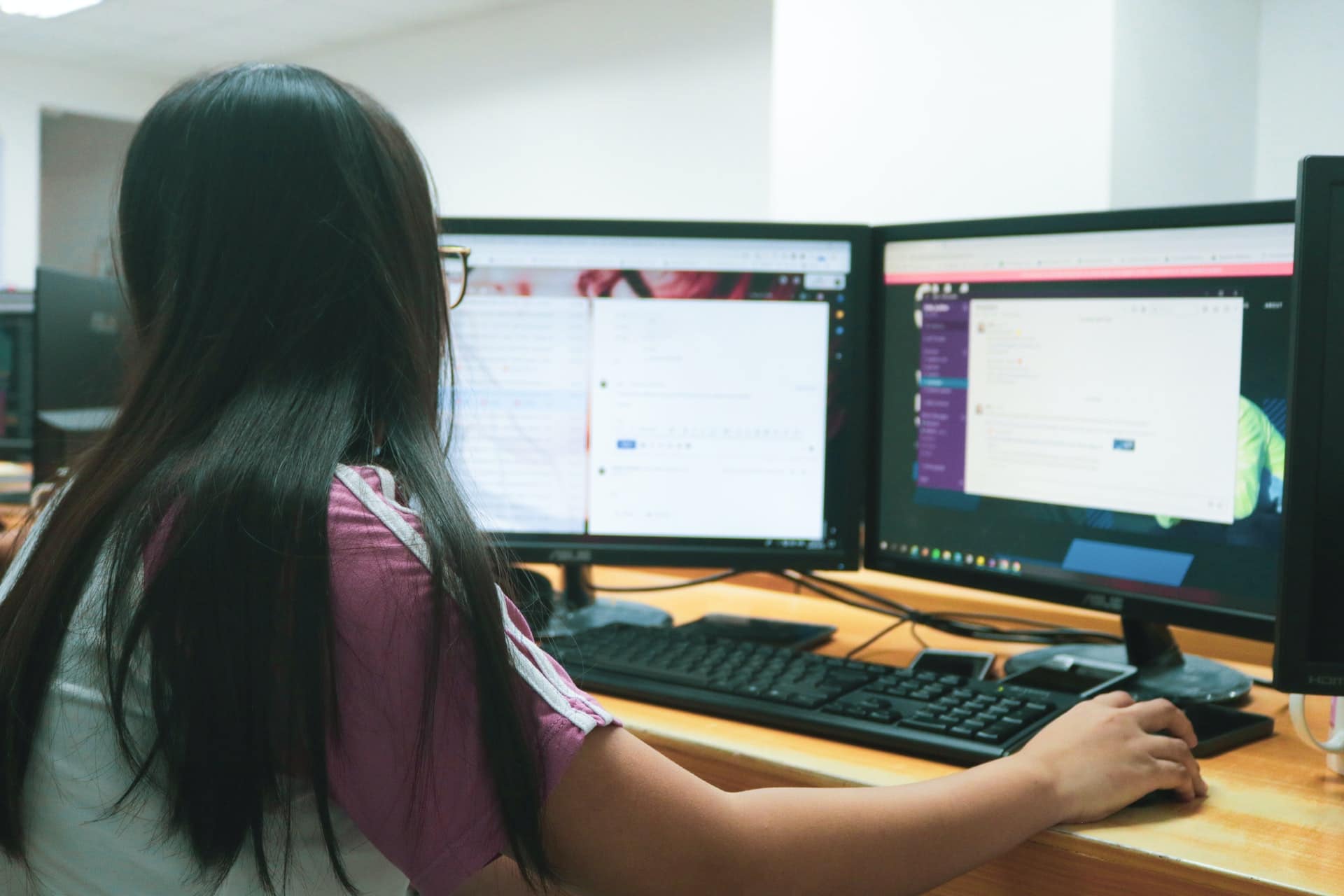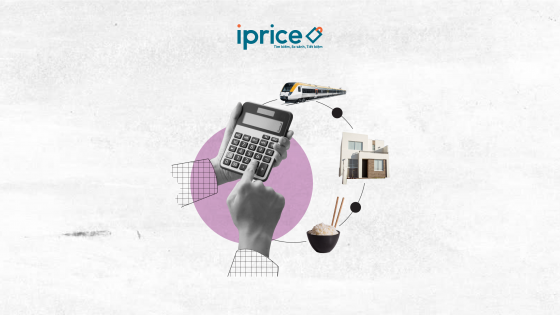48 percent of local respondents want a combination of working from home and the office after the pandemic. A further 14 percent of respondents want to work-from home permanently. The Randstad Workmonitor survey highlights the greatest concerns and challenges candidates are faced with. The survey was conducted in October across 34 markets around the world, with a minimum of 400 respondents in each market.
Mr. Fahad Naeem, Head of Operations at Randstad Malaysia said, ”Flexible working policies can help reduce stress levels and boost morale, as employees are able to find a way to strike a balance between their work and personal lives. However, remote working can also cost the organisation its culture as it can be difficult to foster relationships and replicate the energy required for effective collaborations. Companies will need to take small steps towards finding a balanced strategy that can both retain its culture and meet employees’ expectations.”
In response to the pandemic, many employers have sped up on developing their technology capabilities to equip their staff with adequate hardware and software for remote working. More than four in five respondents (82 per cent) feel they have the equipment and technology to deal with the digitalisation in their job.
Randstad-MY-Workmonitor-2H-2020-48-per-cent-of-Malaysian-respondents-want-flexible-work-arrangements-after-the-pandemic.Work-life balance includes receiving support for physical and mental health
Eight in 10 respondents feel that their employer is supporting them mentally and emotionally through the pandemic. This sentiment is slightly lower among the mature workers, with 74 per cent of respondents aged 45 to 54 years old feeling supported by their employers. According to Mr. Naeem, “Limited social interactions and heightened fears about the virus can raise serious health issues. This could also be exacerbated by the blurring lines between work and life which may result in what feels like a long continuous day. Employees are hence more likely to go to their managers for help and guidance to manage their stress levels during such extraordinary times. Companies that take the effort to invest in their employees’ health will see an increase in work productivity, reduced absenteeism as well as higher engagement levels at work.”
He added, “Ensuring good mental and physical health is an organisation-wide effort. Employees need to raise the issues they face so that HR teams can invest in the right programmes and healthcare packages to boost employees’ well-being. For example, the younger generation can be involved in driving mental health awareness campaigns to destigmatize it, which would encourage more of their colleagues to speak out and seek professional help.” One in three respondents wishes that their employers would provide employee assistance programmes post-COVID-19. One in two respondents expects their employers to have good health policies and safety protocols (52 percent) and access to health insurance (51 percent).
Do you have an article, infographic, podcast, presentation slides, press release or a key individual from your organisation that you'd like to highlight on Marketing In Asia? Head on over to Upload Your Content for more info.



















